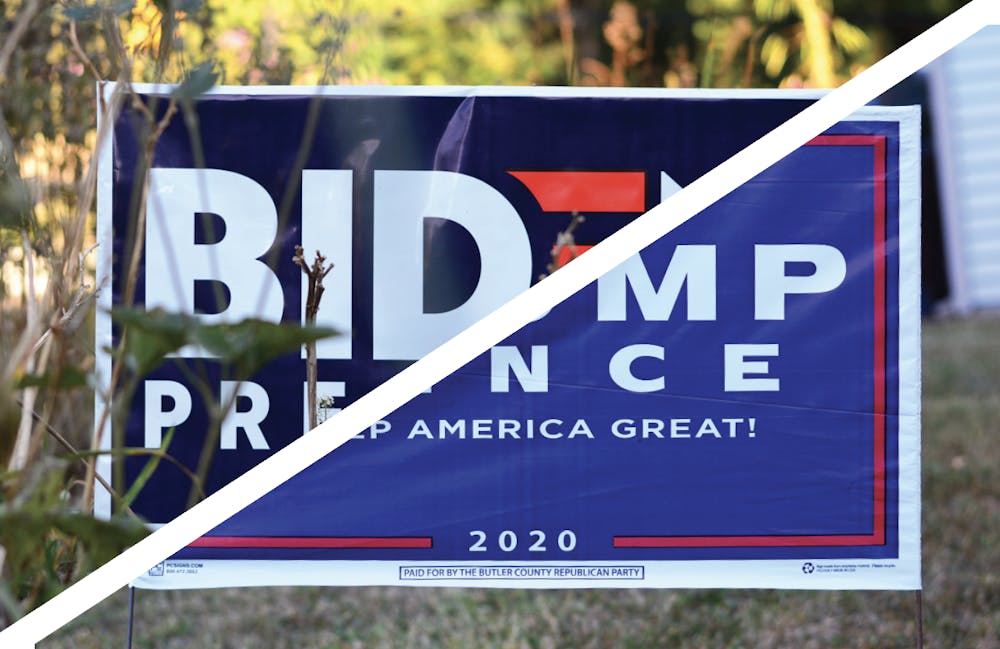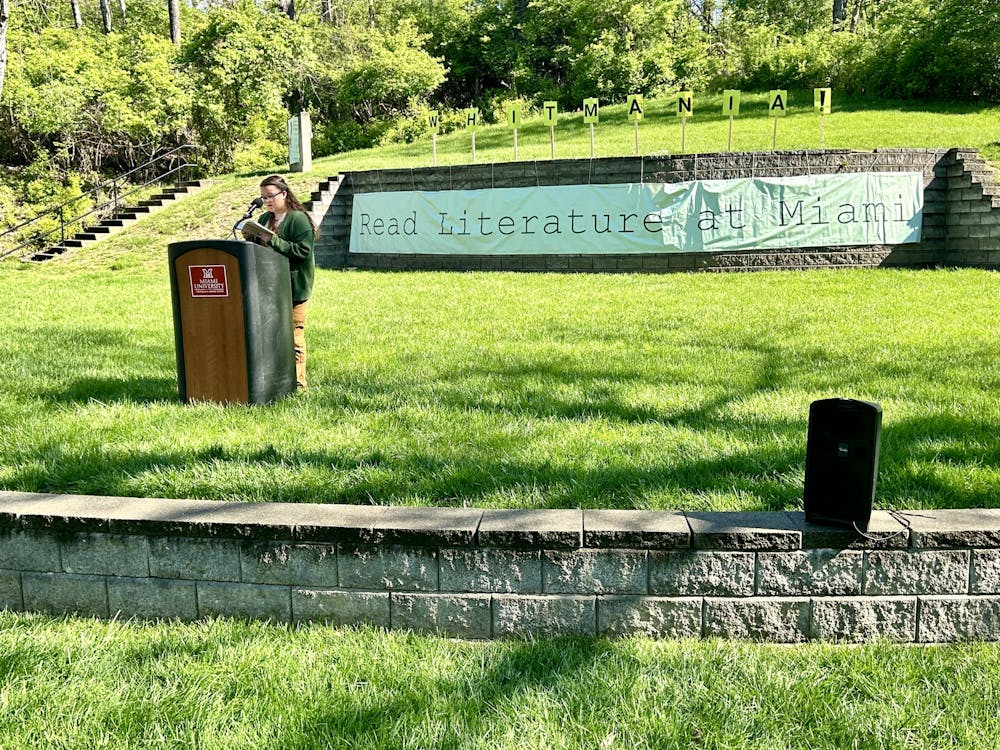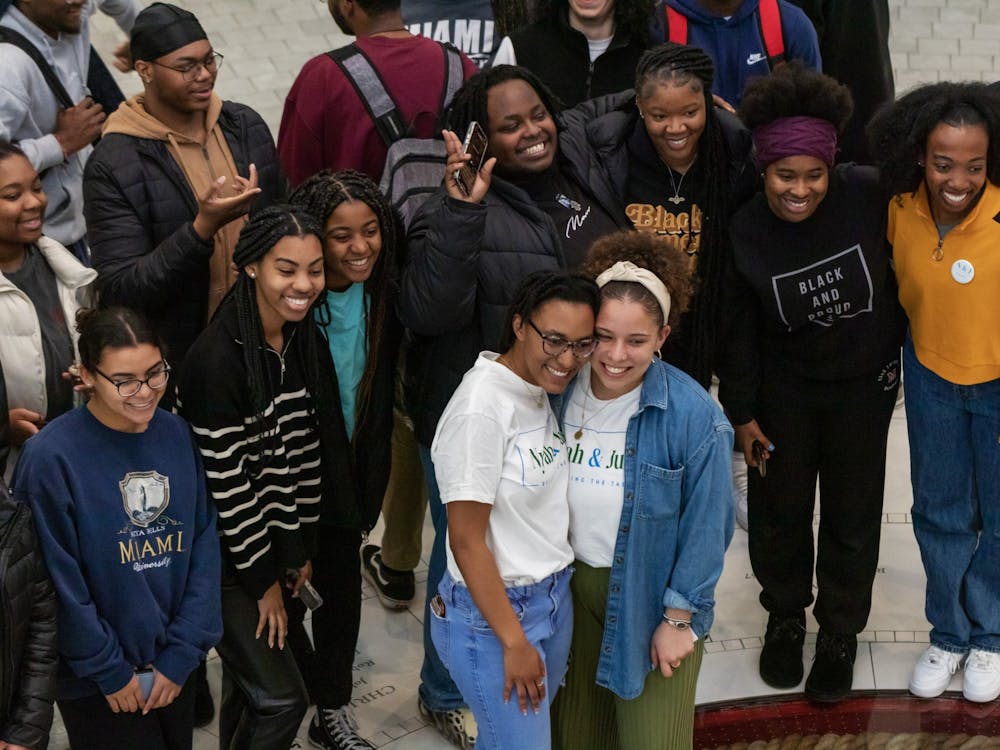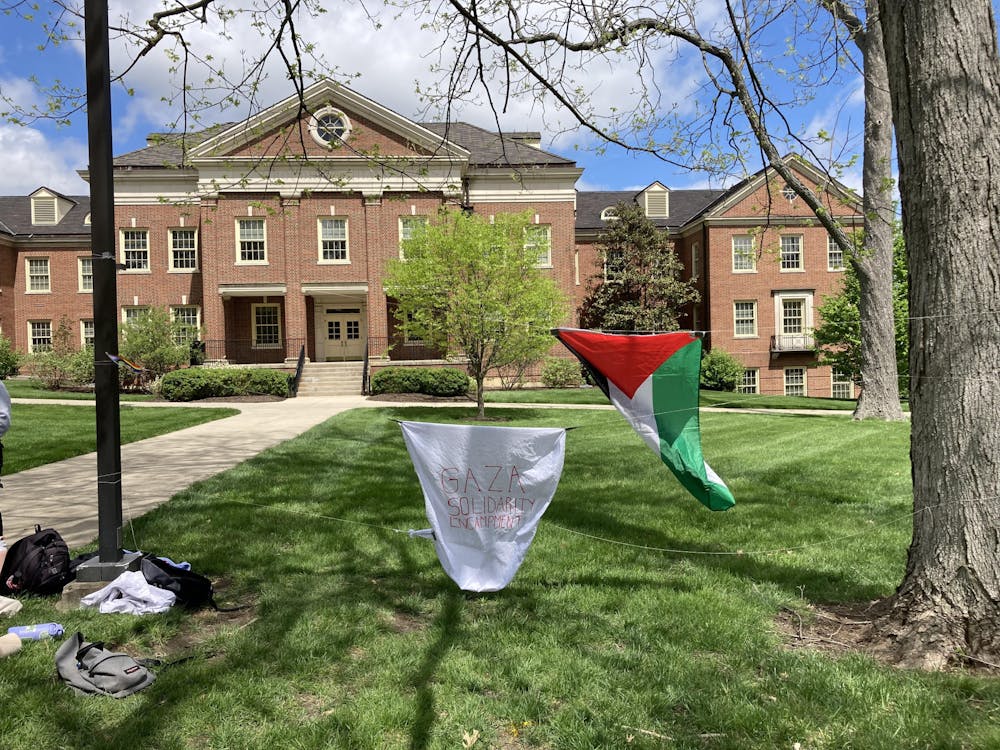With Election Day quickly approaching, first-time and veteran voters alike are acknowledging that this is an election drastically different than its predecessors.
COVID-19 has shifted how the presidential election and the voting process is conducted. And now, in an age where our country’s politics and media are more interconnected than ever before, there are many differences veteran voters are seeing and plenty of new obstacles for a first-time voter to jump over.
Taylor Beasley, a Miami sophomore who will be voting in her first presidential election this year, expressed her thoughts on casting her ballot this November.
“Honestly, I have never felt so empowered yet helpless by my ability to vote in the 2020 election,” Beasely said. “With the way our 2016 election went, I have lost faith in a fair and honest election more and more everyday since. I can only hope that my voice is truly heard this time around.”
Beasley says she mainly gets her information about the election and the overall political climate from sources like CNN. She feels as though she is receiving the most accurate and updated information from there but also acknowledges that, no matter which political party, people should be watching multiple news sources to make their perspective as well-rounded as possible.
Beasley also said she has watched the presidential debates, although it was difficult at times.
“I have watched [the presidential and vice presidential debates] in full, but it was definitely hard to get through, more so for the presidential one,” she said.
The feeling of discomfort regarding the first presidential debate was one that was felt across all generations of the Miami community.
Miami alumna Julie Klink, who has voted in six presidential elections, says she started the debate with her family and felt compelled to turn it off halfway through.
“That [first presidential debate] was not what I wanted my kids to see as their first experience with politics,” Klink said.
Klink said she can understand how young voters can feel overwhelmed and confused with the overload of information that now consumes the political environment and how it seemed so much simpler when she began voting.
“All the information that you would ever receive about the candidates was always just on their policies, mostly, and you would read a side by side in the newspaper about each one and make your decision based on that,” she said. “But now, each day, there is so much about each candidate, and half the time, it’s not even about their political stances.”
Enjoy what you're reading?
Signup for our newsletter
Kink says she mainly gets her information from NPR and other mid-leaning media sources. She says she actively avoids receiving her political news from social media and urges all first-time voters to do the same.
“One of the most important things that first-time voters can do, and where their power is held, is with solid, unbiased information,” she said. “To be informed as much as you possibly can so you are able to go and vote and vote confidently for the right and important reasons.”




